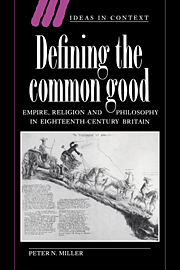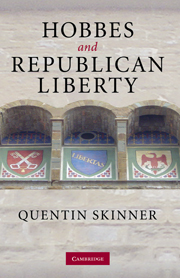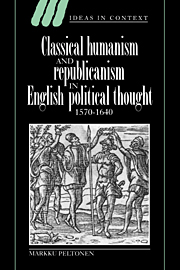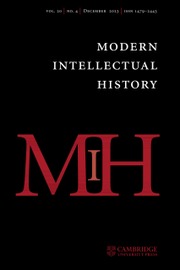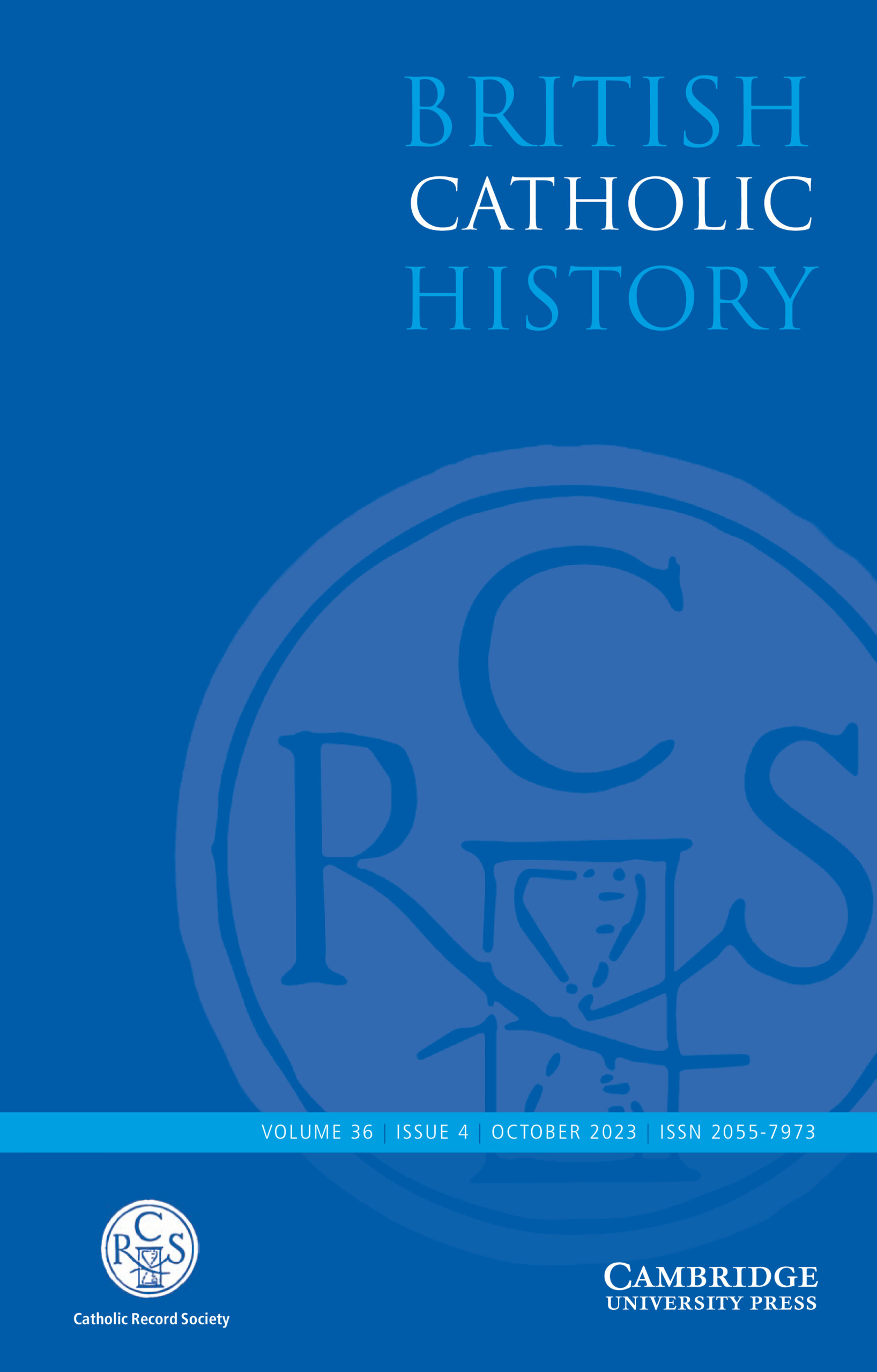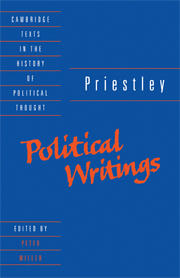Defining the Common Good
Empire, Religion and Philosophy in Eighteenth-Century Britain
$44.99 (C)
Part of Ideas in Context
- Author: Peter N. Miller, University of Chicago
- Date Published: December 2004
- availability: Available
- format: Paperback
- isbn: 9780521617123
$
44.99
(C)
Paperback
Other available formats:
Hardback, eBook
Looking for an examination copy?
This title is not currently available for examination. However, if you are interested in the title for your course we can consider offering an examination copy. To register your interest please contact [email protected] providing details of the course you are teaching.
-
This book discusses the crisis of the early modern state in eighteenth-century Britain and sets it in its European context. The American Revolution and the simultaneous demand for wider religious toleration at home challenged the principles of sovereignty and obligation that underpinned arguments about the character of the state. At stake was a fundamental challenge to the way in which politics was described. The Americans and their British supporters argued that individuals, by voting and thinking freely, ought to determine the "common good." These influential ideas continue to resonate today in the principles of "one man, one vote" and "freedom of thought."
Read more- Shows how British history is essentially European
- Argues for continuity in political thought from the early modern period to eighteenth-century Britain
- Redefines models of eighteenth-century British history and re-examines the orthodox ideological vocabulary
Reviews & endorsements
"...is both powerful and satisfying....a fine and stimulating book, written by someone who combines considerable learning with an acute historical imagination....it should become essential for all students of the period." Journal of Modern History
See more reviews"...Miller triumphantly succeeds in a work of sustained sophistication and remarkably wide learning....Miller's is a powerful and original vision which demands attention." Times Literary Supplement
"This is an erudite and attractively expressed study in intellectual history. Part of a prestigious series, it comes with the imprimatur of influential Cambridge scholars who have done much to shape our understanding of how we should approach the political thought of the early-modern period." Albion
"A splendid contribution...Elaborate bibliography." R.H. Thompson, Choice
"Suffice it to say that Defining the Common Good not only introduces the reader to the complexities of eighteenth century British thought, but provides him with a wealth of both primary and secondary bibliographical sources. The book's principal value lies in the synopsis of views entertained by the eighteenth century British intelligensia. The players are numerous, disagreements between major figures abound, but there is an intelligibility to the discourse, provided in part by the common classical education of the participants who not only read the ancients but took each other seriously." Review of Metaphysics
"The essyas are scholarly and will be useful to historians of science as well as those interested in the interface between science and social values." J.C. Kricher, Choice
"Visions of Empire emerged out of a conference celebrating the acquisition of Joseph Bank's florilegium by the William Andrews Clark Memorial Library at UCLA. The miracle of the publication of botanical illustrtions from the copper plates so carefully and scientifically produced by the consortium around Banks was indeed worth celebrating." Greg Dening, American Anthropologist
Customer reviews
Not yet reviewed
Be the first to review
Review was not posted due to profanity
×Product details
- Date Published: December 2004
- format: Paperback
- isbn: 9780521617123
- length: 488 pages
- dimensions: 229 x 152 x 30 mm
- weight: 0.74kg
- availability: Available
Table of Contents
Acknowledgments
Introduction
1. The figure of Cicero
2. A classical landscape
3. State and empire
4. The limits of sovereignty and obligation
5. The common good, toleration and freedom of thought
6. 'Alternatives' to the common good 1774–1776
Conclusion
Bibliography
Index.
Sorry, this resource is locked
Please register or sign in to request access. If you are having problems accessing these resources please email [email protected]
Register Sign in» Proceed
You are now leaving the Cambridge University Press website. Your eBook purchase and download will be completed by our partner www.ebooks.com. Please see the permission section of the www.ebooks.com catalogue page for details of the print & copy limits on our eBooks.
Continue ×Are you sure you want to delete your account?
This cannot be undone.
Thank you for your feedback which will help us improve our service.
If you requested a response, we will make sure to get back to you shortly.
×
